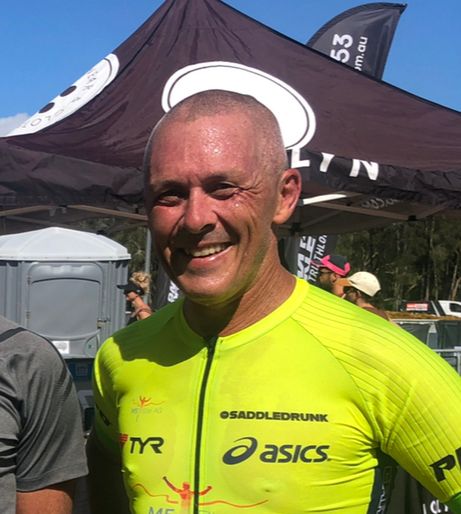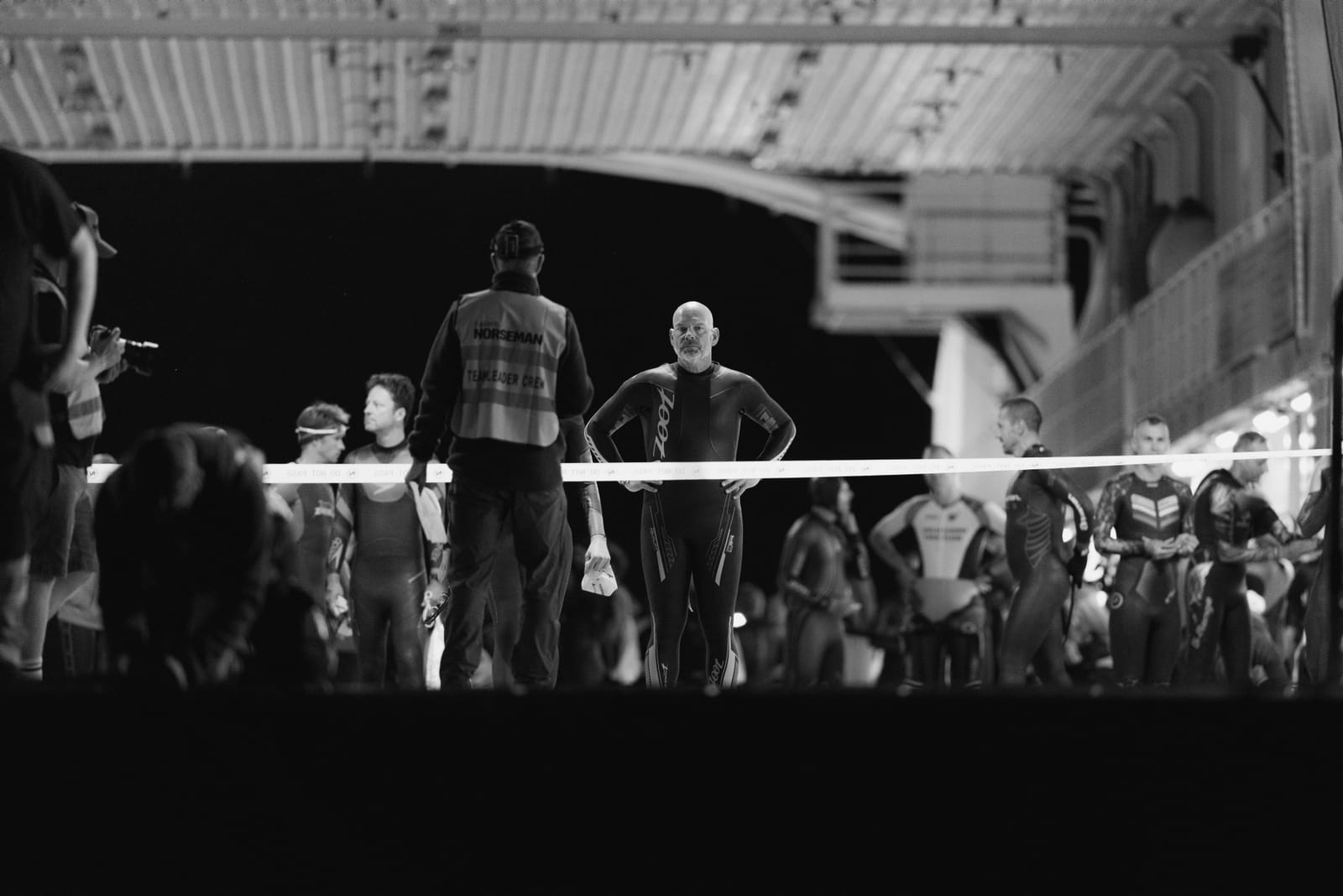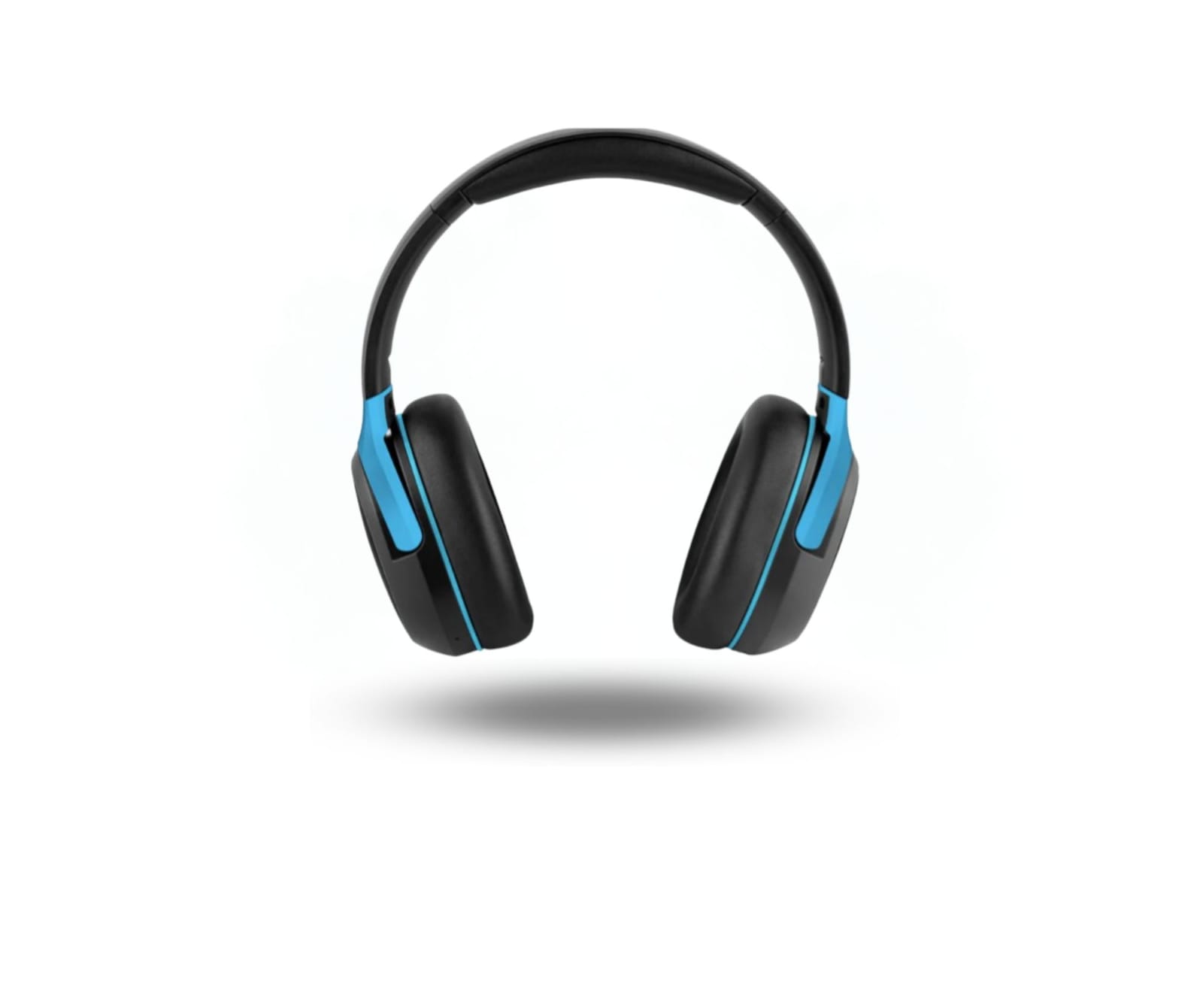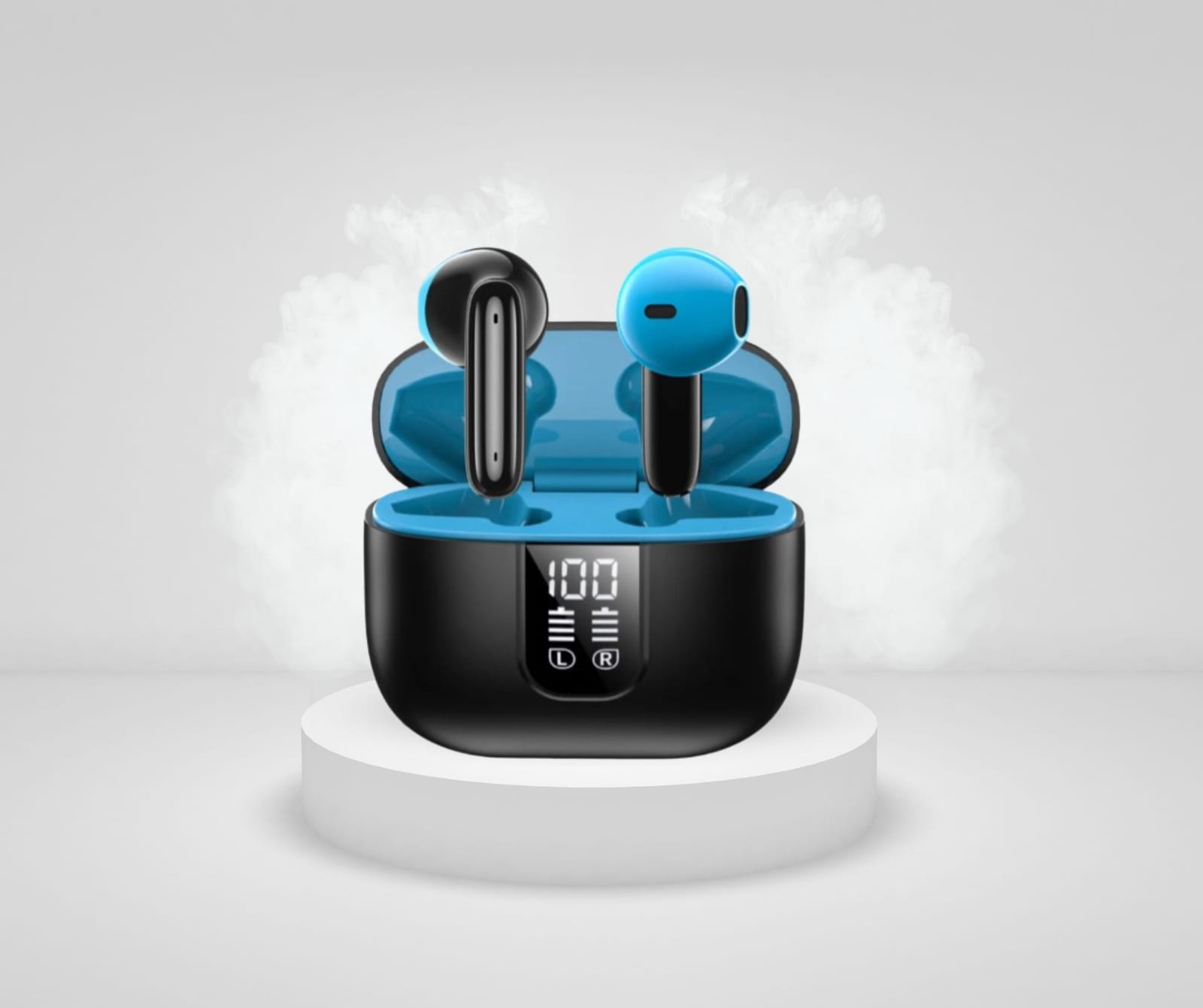So you’ve heard the phrase “Train smarter not harder” but what does it actually mean? How do we train smarter, and aren’t those that train the hardest the ones who rule supreme? There is no sure fire answer to this question, although I can tell you from years of competing in endurance sports that training yourself into the ground will see short term gains, although unless you’ve got robotic or replaceable parts don’t expect to see the improvement curve continue for too long.
It’s a pretty simple equation. Stress the body through training, follow with recovery, repeat. Recovery is one of the most under appreciated aspects of the average age groupers training schedules, as it is during recovery that the adaptation response occurs. Training hard is great, but couple this with inadequate recovery and you’ll plummet into a downward spiral of fatigue, injury and poor performance.
So what is enough when it comes to recovery? This will vary by individual, affected by factors such as our job, family commitments, social life, and as a female even menstrual cycles. I like to think of recovery as part of training, so when planning your training it’s best to factor recovery into this process. You can’t take a professional triathletes program, follow it and expect to gun it next season, because put quite simply you don’t have the recovery time available to adapt to this regime. What you won’t find on this program is the dedicated recovery time and techniques followed to allow the body to make the most of the training undertaken.
So this is where the mantra train smarter not harder applies, and here’s my 10 key pointers to keep in mind:
- Golden rule number one, LISTEN to YOUR body. Learn to listen, interpret, understand and respond to what YOUR body is telling you. What do you respond well to, not so well too, and how does your body communicate it isn’t coping? Don’t let other’s feelings, emotions or advice override what your own body is trying to tell you.
- Be flexible. Don’t be afraid of adding more recovery time or altering a session. If you’re feeling flat start your warm up then assess how you feel, sometimes it just takes a bit to get the blood flowing. If you’re heart rate is unusually elevated or on the flip side you can’t raise it, drop any intensity and keep the session easy aerobic.
- Consistency is king. Train, recover, repeat. There’s no point in blasting out the monster week your favorite pro follows then spending a week too tired to get out of bed, or even worse getting sick or injured. Your key to continual improvement is to find a schedule that you can sustain year after year.
- Balance. The key to attaining consistency. This mean’s balancing training within your life, including work and socializing with family and friends. You can’t burn the candle at both ends forever, something’s gotta give.
- Specificity. The body responds best to varying stimulus, so mix it up and spend time in each training zone. Speed work is just as important as recovery sessions, so make sure you are hitting your targets for each specified workout, unless of course you’re unwell or hindered by an injury.
- Don’t place undue importance on one specific session, keep perspective of the big picture. Missing a target in one workout is not going to end your season, and perhaps the reason you missed this target could be because you hadn’t recovered from your last key session. Save the PB’s for race day, you don’t win anything in training.
- Injury prevention. Never underestimate the value of core strength work and stretching; both should be a regular part of your schedule and play an important role in injury prevention.
- Communicate with your coach/mentor. Unless your coach see’s you daily they can’t know exactly how you are feeling or if you’re absorbing the training load. Be open with your coach, discuss your program to alter around your schedule and fatigue level. Don’t be afraid to express any concerns you may have.
- You are your own boss. Coaches can advise, guide and motivate you, but ultimately you have to make the final decisions on how you feel. Learn to listen to your body and combine this with your coaches advise to make sensible decisions.
- Never make up sessions. This is a recipe for disaster. If you miss a session it is gone, forget it, don’t carry any guilt about it, move on and enjoy your next session.
Having many years experience in endurance sports, and traditionally having versed on the side of training harder rather than smarter, I have experienced first hand the debilitating effects of overtraining. Perhaps one of the most overlooked and misunderstood conditions, overtraining is quite simply an imbalance between training and recovery, and ends even the most passionate athletes dreams.
My general rule of thumb is that if you feel unusually tired one day, take it easy and you should be back on track tomorrow. If you have two “bad” days of training I would recommend a rest day. Prolonged “bad” days means you should take a good hard look at your training and recovery, and how much you are trying to fit into your life.
There are no short cuts in this sport so remember why you took triathlon up in the first place. Training smart will lead you to your goals and prevent resentment for a pursuit you took up for enjoyment in the first place.
Train smarter, not harder!








